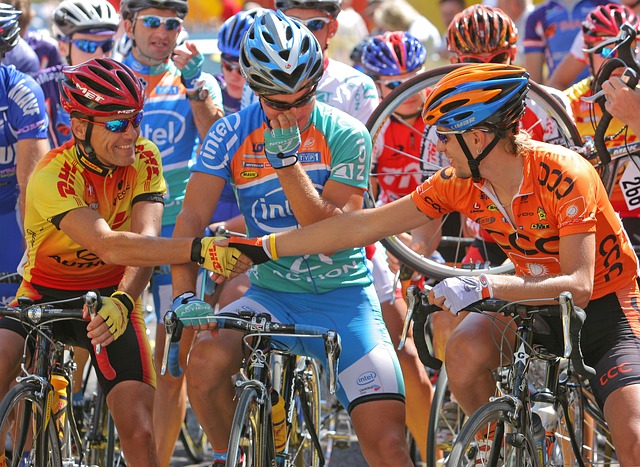Sports Psychology and Success
The Problem of Thinking Too Much
Most of you have had the experience when thinking too much led to anxiety and poor performance. In sports this experience is often called "choking," and it isboth disturbing and frustrating. Luckily, there are Psychologists who we can turn to to help us avoid choking and improve our performance--these are Sports Psychologists. The field of Sports Psychology iis involved in the science and practice of psychology within sport, specifically exercise and human performance. Sports Psychologists help professional and non-professional athletes with psychological factors that affect sport, performance, exercise, physical activity and team dynamics.
If you are interested in becoming a Sports Psychologists, there are three things in your favor. First, the United States loves sports, and sports has a big influence on economic activity. Secomd, As the amount of money involved in professional sports continues to increase, all participants (from coaches to players) are facing increasing pressure to get an edge over their competitors. One way to get this edge is ofen found by focusing on an athlete's mental state. Third, there is a continuing public push for Americans to become more physically active. This is due, in part, because of the steady increase in rates of obesity and Type 2 diabetes. Given that many of the common barriers to regular exercise are mental, Sports Psychologists will be playing important roles in developing and educating people and institutions on ways to overcome these mental barriers.
As for where Sports Psychologist work, it is varied. You can work for a university, conducting research in mental aspects of exercise. Or, you can have a private consulting business. This can lead to be hired by parents of elite high school athletes. or hired by professional, Olympic, and college teams. Also, the military may hire Sports Psychologists.
Want More?
Visit our website to learn more about possible careers for psychology majors or those interested in jobs that involve psychology.
Learn how to succeed in college with Professor Golding’s blog.
Check out Dr. Lippert’s website to learn about her work as a cognitive psychologist.

